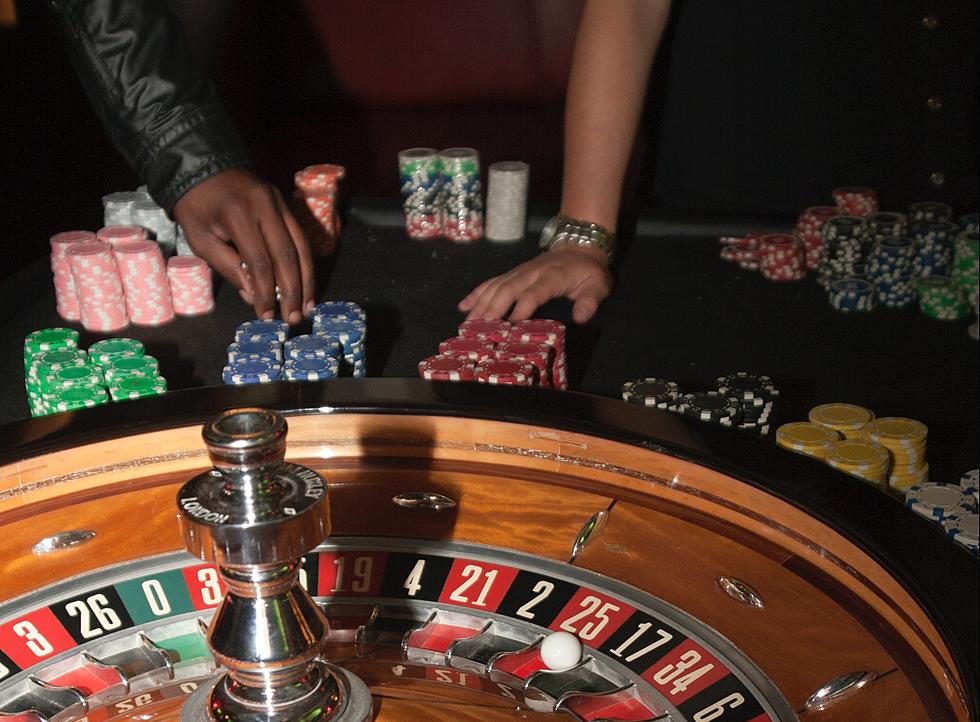
In the world of gambling, where chance and strategy intersect, a unique tapestry of beliefs emerges—one that weaves together luck, fate, and the enigmatic nature of casino games. Casinos, bustling with excitement and anticipation, are not just venues for placing bets; they are also arenas in which superstitions thrive. Ranging from the novice player to the seasoned gambler, these mysterious practices often shape how individuals approach the games they play, believing that their actions can influence the outcome in ways that go beyond mere probability.
When players gather around roulette wheels, blackjack tables, and slot machines, the atmosphere is thick with stories of lucky charms, rituals, and codified behavior that defy logic yet provide a sense of comfort. It could be the case that it’s wearing a specific outfit, following a particular sequence of bets, or even avoiding certain numbers, the attachment to various superstitions reflects a deep-rooted desire to master the uncontrollable. This article delves into the captivating world of casino game superstitions, examining the beliefs that both entertain and mystify those who dare to play.
Cultural Beginnings of Superstitions
Casino games have long been entwined with an variety of superstitions that go back to early cultures. The roots of these ideas can be connected to humanity’s fundamental need to manage the unpredictable outcomes connected with chance and chance. In primitive civilizations, activities of chance were often tied to ritualistic practices. Gamblers would invoke aid or seek favor from gods, believing that their actions could change the odds in their favor. This groundwork laid the basis for the multitude of superstitions that spread as casino games evolved over time.
During the medieval age, gambling became a widespread hobby across European nations, and with it, a colorful tapestry of superstitions appeared. Participants adopted numerous rituals and charms, believing they could influence the consequences of games. 789club The value of digits, in particular, began to show in superstitions related to card games and dice. The number 7 was often considered lucky, while different numbers carried negative connotations. These ideas mirrored the societal contexts of the time, changing as they transferred through generations and transformed to emerging gaming environments.
As gaming establishments developed in the 1600s, particularly in the Italian peninsula and France, the atmosphere surrounding gambling became imbued in mystique. The growing openness of gambling games allowed for the dissemination and diversification of superstitions among players. Concepts like charmed charms, special seating positions, and rituals gained prevalence, creating a unique culture within betting houses. As these traditions continued to thrive, they became essential to the identity of casino activities, illustrating how historical developments and culture shape the convictions that influence how participants interact with fortune.
Common Gambling Myths
Superstitions surrounding gambling activities are abundant and varied, mirroring the dreams and anxieties of gamblers as they engage in chance-based games. One of the most prevalent beliefs is that certain digits bring luck or misfortune. For example, the digit seven is often seen as a favorable number, frequently sought after by gamblers looking for a favorable outcome. Conversely, the number 13 is routinely considered cursed, leading many gamblers to steer clear of it during their gaming periods.
A common superstition relates to practices that players believe can affect their chances. Whether blowing on the dice before a throw, using a specific hand to place a bet, or even wearing particular items of attire, many individuals feel that these rituals can tilt fate in their benefit. These rituals offer a sense of power in an otherwise random environment, strengthening the idea that fortune can be manufactured through individual beliefs and customs.
Lastly, the ambiance and vibe of the gambling house itself adds to superstition. Many gamblers suggest that the presence of certain symbols, such as four-leaved clovers or lucky tokens, can enhance their odds of success. Additionally, gamblers might adhere to the notion that victory streaks can be interrupted by mundane events, such as someone passing by or a spill at the gaming surface. The shared atmosphere in a casino can amplify these beliefs, creating a shared culture of myths that goes beyond single encounters.
Impact of Superstitions on Players
Beliefs play a important role in the psychology of casino players, often affecting their behavior and decision-making. A lot of gamblers believe that fortune can be manipulated through various rituals, such as donning a talisman, selecting specific colors, or steering clear of particular digits. This dependence on superstitions can create a feeling of control in an environment that is inherently unpredictable. Players often feel more confident and involved when they think that their actions could sway the outcome of a game in their advantage.
The influence of these superstitions extends past individual players, affecting the general atmosphere within the casino. For instance, a player who believes in the luck of a certain slot machine might attract a crowd, as onlookers are intrigued by their apparent luck. This shared belief can heighten excitement and create a lively environment, leading to an engaging experience even for those who may not necessarily be superstitious. The excitement around specific games can lead to increased participation and extended playing sessions, supporting the casino’s vibrant social scene.
In some cases, superstitions can lead to detrimental effects for players. Relying too heavily on rituals can result in bad gambling decisions, as some may ignore basic strategies in favor of baseless beliefs. Additionally, the stress to perform rituals may heighten anxiety and stress levels, diminishing from the pleasure of the experience. Ultimately, while superstitions can enhance the excitement of playing casino games, they can also lead to unwise choices that overshadow the enjoyment and entertainment intended in the casino experience.